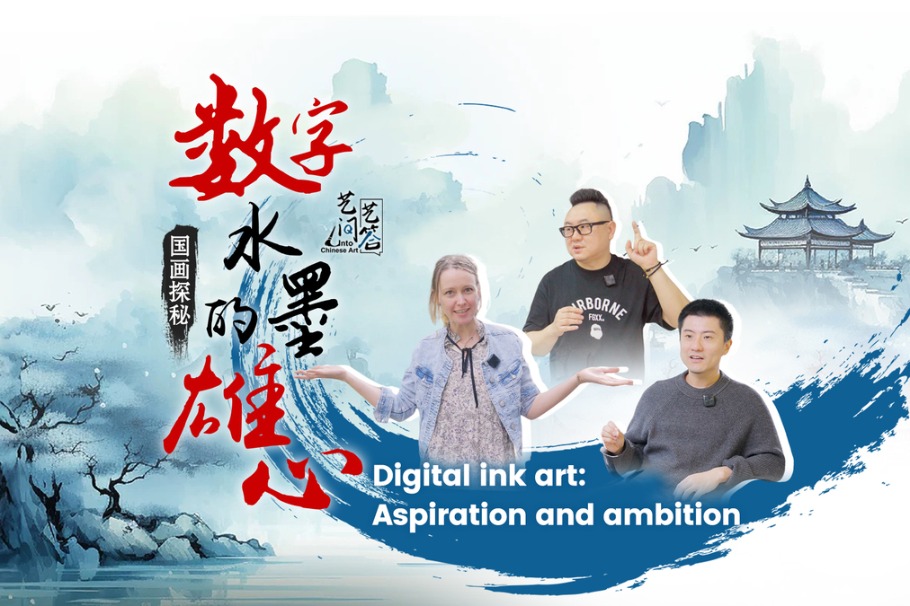Gains built on solid foundations

Great changes

Asked how the Party has changed since the PRC was formed, Mackerras says one thing has not changed is the fact the Party wants stability-stability throughout China. China today is much more stable than it was in the past, he says.
"I think the country as a whole has become more confident and freer. I know that word free will be hard for some to understand. But looking back on the China I knew in the 1960s and the China I see today it is a different country," he says.
"The freedom people enjoy today is vastly different to what they had in the 60s. They travel, they meet and talk with people from vastly different cultures and backgrounds.
"Before COVID, students traveled overseas to advance their education in the great universities of the world."
This outcome is something that could not have been imagined 50 or 60 years ago, he says.
"Now look at where China sits as a world economic power? Last year with the world crippled by COVID-19 China was the only major economy in the world that actually grew," the academic says.
In October 2020, the International Monetary Fund, in its World Economic Output 2020, said China had overtaken the United States to become the world's largest economy. Using the more reliable and now widely accepted yardstick, called the Purchasing Power Parity (PPP meaning what you can actually buy with the money you have), it put China's economy at $24.2 trillion compared to the US' $20.8 trillion.
But selling China to the broader global community has not been easy, says Mackerras.
Probably more so to the US and its close allies such as Australia the problem is that for most of the 20th century the US has been on top-economically and militarily, and they cannot conceive of things being otherwise.
"Perhaps under the new administration the US might come to see things a little differently regarding China. But before that happens the US will need to tone down its rhetoric," he says.
"I personally don't see China as a military threat. Sure, China poses an economic challenge to the standing of the United States. Everyone can see that, including the IMF.
"As I see things, the problem is this. In July 1971 US president (Richard) Nixon's National Security Adviser, Henry Kissinger, went to China and arranged for Nixon to visit the next year. A major deal was made, with the American, Chinese and world economies becoming much more interlinked.
"On the whole, Americans and others assumed that over time China would adopt the Western model of liberal democracy. But China did not see it that way, and why should it?"
Mackerras says China wants to decide on its government model itself as an independent country.
"It's arrogance to assume the Western model of government is the only good one. Because China has not done so, many in the West have come to fear a rising and dominant China," he says.
"I personally don't see that. What President Xi Jinping is constantly saying in all his speeches at international forums is that he wants a peaceful world and a shared future for all mankind.
"They strike me as perfectly reasonable objectives. As for wanting to undermine our (Australia's) democratic institutions as some argue …well, I think that is absolute nonsense."























